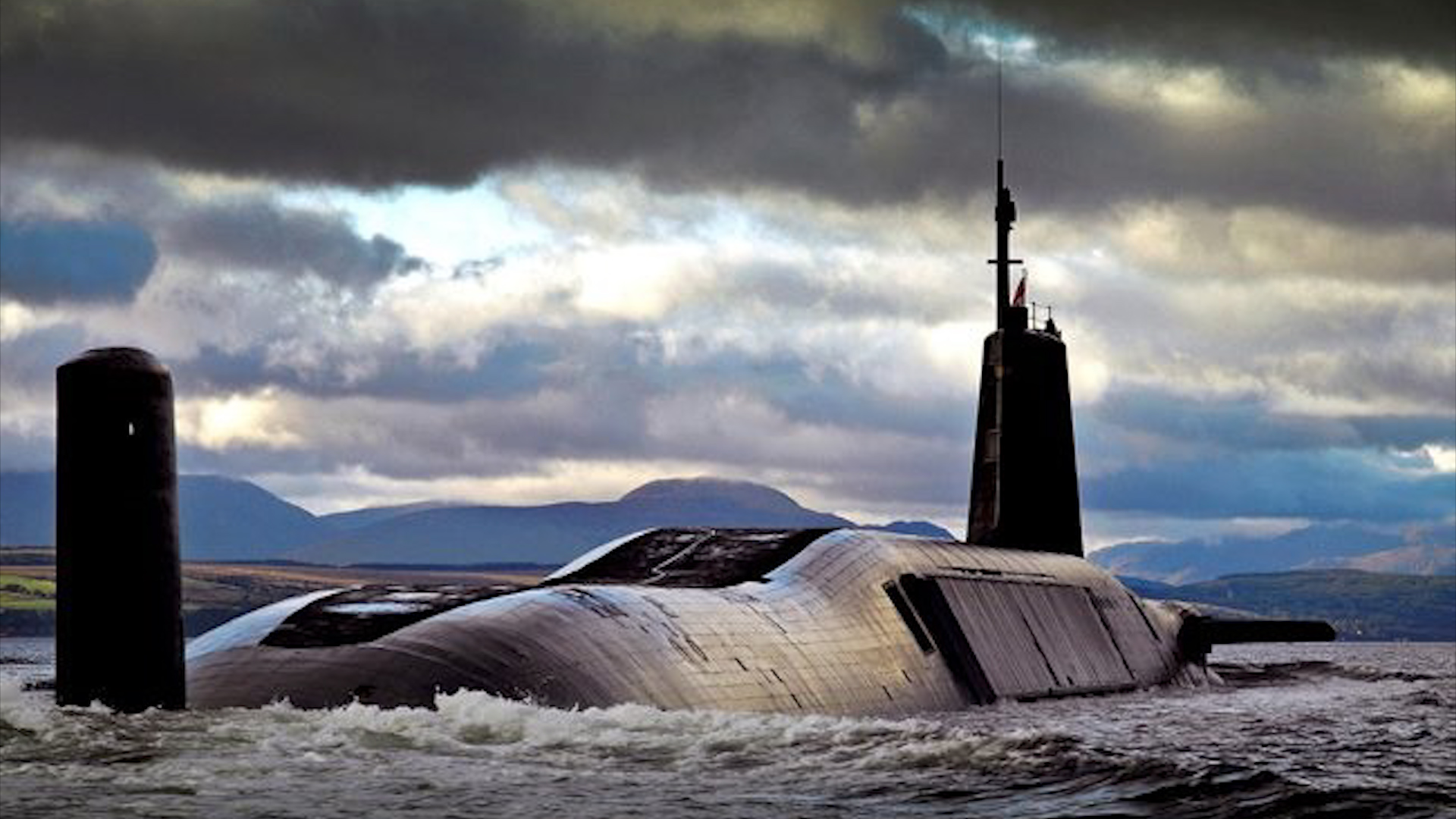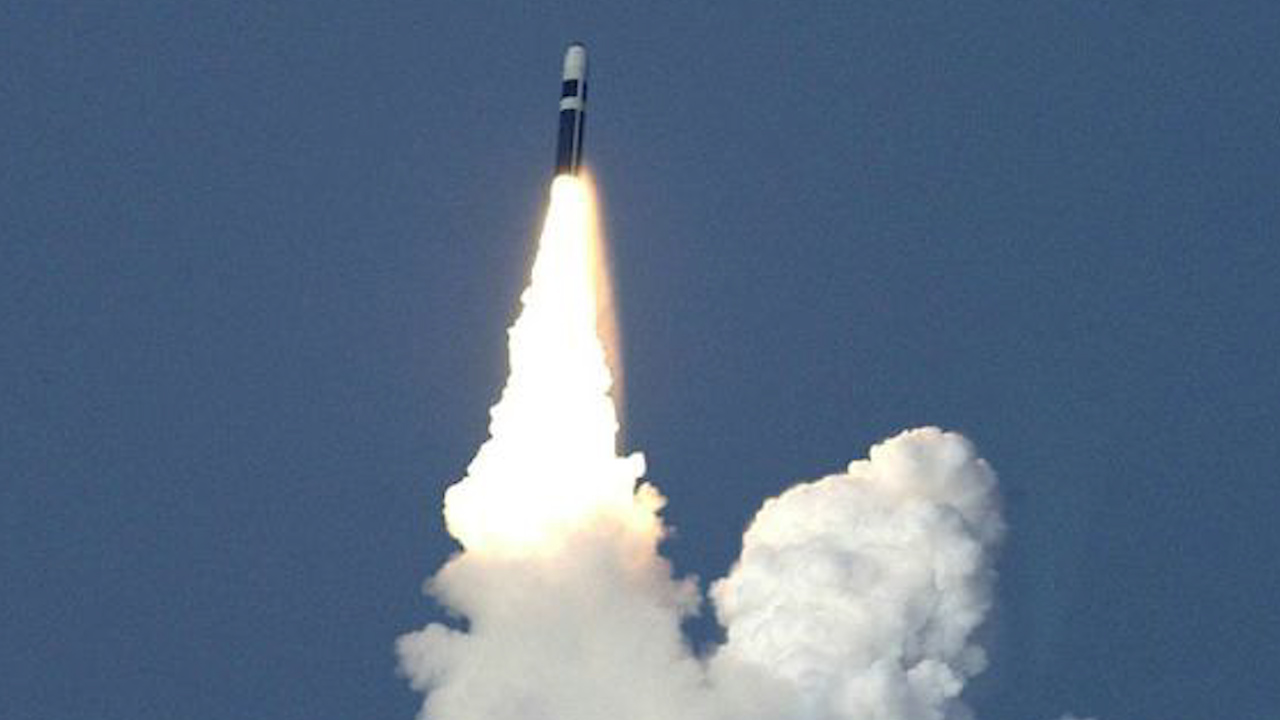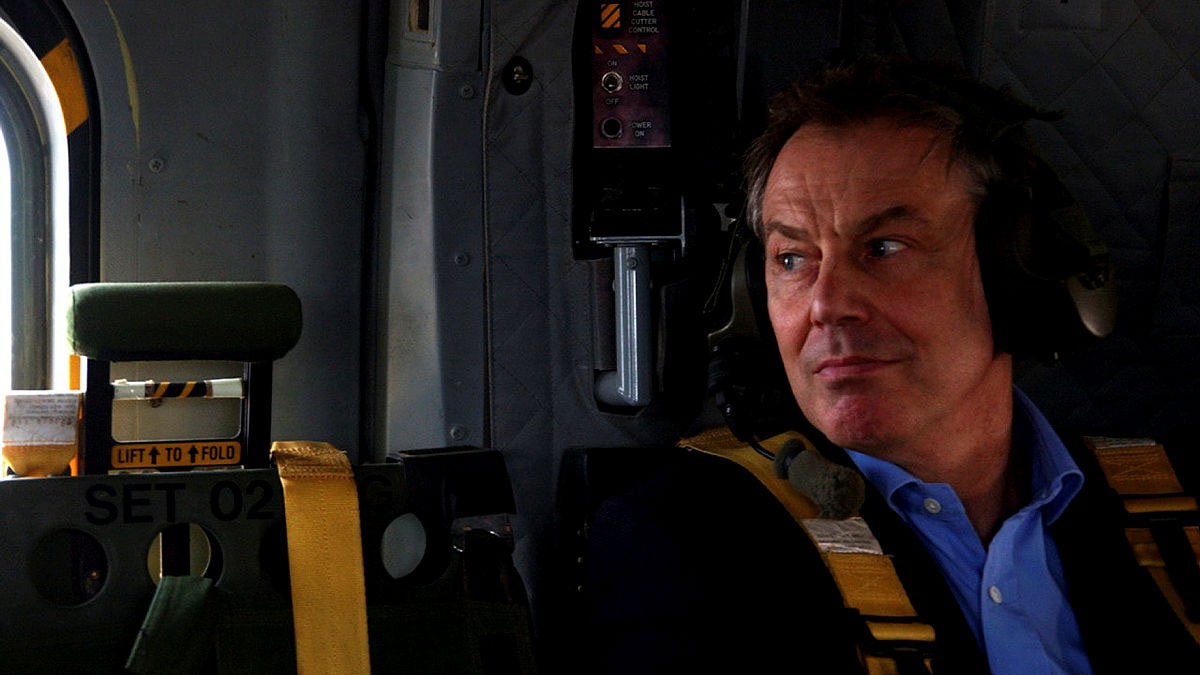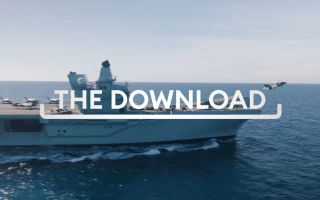
The mysterious instructions to Britain's Trident-armed subs in case of nuclear apocalypse

Within a safe, located inside another safe, on board four of Britain's nuclear-armed submarines, there lies an unread letter detailing a decision on how the vessels should respond to a nuclear attack.
Known as the Letters of Last Resort, the messages are identical, handwritten notes from the serving Prime Minister to the commanding officers of Britain's Vanguard-class nuclear-powered submarines – HMS Vanguard, HMS Victorious, HMS Vigilant and HMS Vengeance.
The letters each contain the same instructions on what action the commanders should take if Britain has been obliterated by nuclear attack and all those in authority have died.
As far as we know, each letter can only say one of four things: retaliate, don't retaliate, for the submarine commander to use their judgement or for the vessel to put itself under US or Australian command (if possible).
Each new British Prime Minister must write the letters upon taking office and the previous, unread letters are destroyed by the cabinet office when the Prime Minister is replaced.
One of the few people in government who talked about this apocalyptic-level decision publicly is Denis Healey, former defence secretary, who in the BBC's documentary The Human Button, said: "I realised I would find it very, very difficult indeed to agree to using a nuclear weapon.

"I think most people would because most of the people you'd kill would be innocent civilians."
Radio silence puts nuclear subs on alert
The process by which a Trident submarine commander would determine if the British government continues to function includes, among other checks, establishing whether BBC Radio 4 continues broadcasting.
Submarines on patrol were reported to have briefly gone on nuclear alert in 2004 when Radio 4 went off the air for 15 minutes due to a power cut.
Lord Guthrie, former Chief of the Defence Staff, recalls briefing the newly-elected Tony Blair on Britain's nuclear capability when he first entered Downing Street in 1997, saying: "I think quite honestly, like most prime ministers, he hadn't given a huge amount of thought to what this really meant.

"And it is actually an awesome responsibility.
"It really comes home to you that he could, if the circumstances demanded it, create devastation on a huge scale."
How did Blair react? Lord Guthrie said: "Well, he went quite quiet."
In an interview with the BBC, ex-prime ministers Gordon Brown, Tony Blair and John Major stated their instructions were that in no circumstances should nuclear weapons be deployed against civilian targets on the basis that to do so after an attack would be a futile act of vengeance that would wreak unacceptable levels of harm on a civilian population.
In addition, any government that would launch such an attack on the UK would most likely be a dictatorship and it would be immoral to make their people suffer for the acts of an unaccountable leadership.
The only other former leader to share their decision on what order they would have given in the event of a nuclear attack was former PM Jim Callaghan who said: "If it were to become necessary or vital, it would have meant the deterrent had failed, because the value of the nuclear weapon is frankly only as a deterrent.
"But if we had got to that point, where it was, I felt, necessary to do it, then I would have done it."









